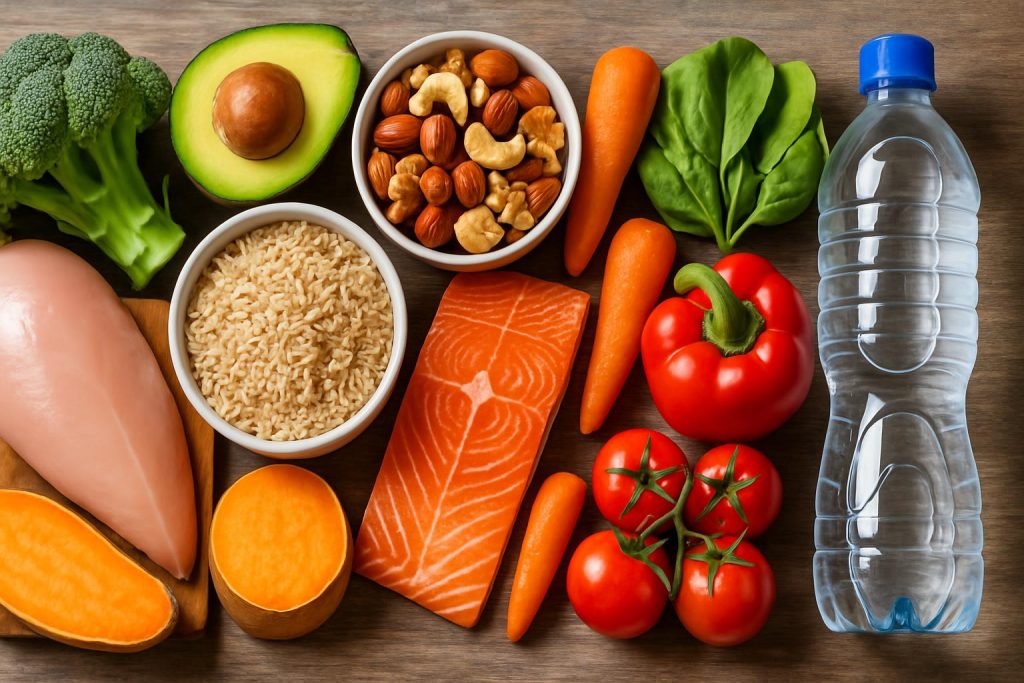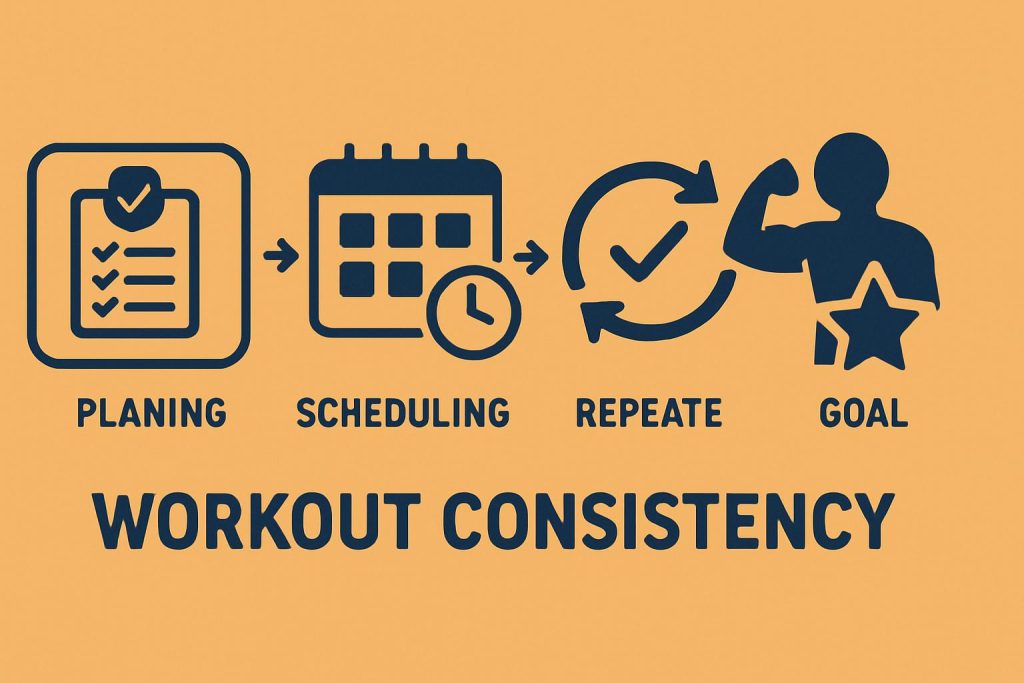Achieving your fitness aspirations involves more than just exercise; what you eat plays an equally vital role in performance, recovery, and overall results. While the world of nutrition can seem complex, understanding the fundamentals provides a powerful foundation for success. As emphasized in The ultimate guide to starting your fitness journey, fueling your body appropriately is non-negotiable. This article breaks down the simple nutrition basics you need to know to effectively support your training, enhance recovery, and reach your fitness goals faster.
The energy equation: calories in, calories out
At its most basic level, nutrition for fitness involves managing energy balance. Calories are units of energy derived from food and drink. Your body expends calories through basic metabolic functions (breathing, circulation), daily activities, and exercise.
- Weight Loss: Requires consuming fewer calories than you expend (calorie deficit).
- Weight Gain (Muscle): Requires consuming more calories than you expend (calorie surplus), primarily from nutrient-dense sources.
- Weight Maintenance: Requires consuming roughly the same number of calories as you expend.
Understanding your approximate daily energy needs is a starting point, but the quality of those calories is paramount for fitness.
Macronutrients: the building blocks
Macronutrients are the nutrients your body needs in larger amounts: protein, carbohydrates, and fats. Each plays a distinct and crucial role in fueling fitness.
- Protein: Essential for repairing and building muscle tissue damaged during exercise. It also contributes to satiety (feeling full) and supports various bodily functions. Good sources include lean meats, poultry, fish, eggs, dairy, legumes (beans, lentils), tofu, and protein supplements. If you’re considering supplements, you might explore options like how to Choose myprotein supplements for your workout recovery.
- Carbohydrates: The body’s primary source of readily available energy, especially crucial for fueling moderate-to-high intensity workouts. Carbs are stored in muscles and the liver as glycogen. Choose complex carbohydrates (whole grains, vegetables, fruits, legumes) over simple sugars (candy, sugary drinks) for sustained energy release and added fiber/nutrients.
- Fats: Vital for hormone production, vitamin absorption, and providing energy, particularly during lower-intensity, longer-duration activities. Focus on unsaturated fats (avocado, nuts, seeds, olive oil) and limit saturated and trans fats. Fats are calorie-dense, providing more energy per gram than protein or carbs.
A balanced intake of all three macronutrients is key. The ideal ratio can vary based on individual goals, activity levels, and preferences, but neglecting any one group can hinder progress.
Micronutrients: the essential supporters
Vitamins and minerals, needed in smaller amounts, are crucial for countless processes supporting energy production, immune function, bone health, and muscle contraction. A varied diet rich in fruits, vegetables, whole grains, and lean proteins typically covers most micronutrient needs. Key examples relevant to fitness include:
- Iron: Essential for oxygen transport in the blood.
- Calcium & Vitamin D: Crucial for bone health and muscle function.
- B Vitamins: Involved in energy metabolism.
- Electrolytes (Sodium, Potassium, Magnesium): Important for hydration and nerve/muscle function, especially relevant if sweating heavily.
Hydration: the overlooked necessity
Water is involved in nearly every metabolic process. Dehydration, even mild, can significantly impair performance, reduce endurance, increase fatigue, and hinder recovery. Aim to drink water consistently throughout the day, not just during workouts. Monitor urine color (aim for pale yellow) as a simple hydration indicator. Increase intake during hot weather or intense/prolonged exercise sessions.
Nutrient timing: fueling for performance and recovery
While overall daily intake is most important, when you eat can influence performance and recovery.
- Pre-Workout: Consuming carbohydrates 1-3 hours before exercise tops up glycogen stores, providing energy for your session. A small amount of protein can also be beneficial. Avoid large, heavy meals close to workout time.
- During Workout (if applicable): For sessions longer than 60-90 minutes, consuming easily digestible carbohydrates (like sports drinks or gels) can help maintain energy levels.
- Post-Workout: Consuming a mix of protein and carbohydrates within an hour or two after exercise helps replenish glycogen stores and kick-starts the muscle repair process. This “anabolic window” concept emphasizes timely refueling for optimal recovery.
Practical tips for success
Knowing the basics is one thing; applying them consistently is another.
- Prioritize Whole Foods: Base your diet around unprocessed foods like fruits, vegetables, lean proteins, whole grains, nuts, and seeds.
- Plan and Prep: Dedicate time each week to plan meals and snacks. Meal prepping can save time and prevent unhealthy impulse choices.
- Read Nutrition Labels: Understand serving sizes, calories, macronutrient content, and ingredients in packaged foods.
- Listen to Your Body: Pay attention to hunger and fullness cues. Learn how different foods affect your energy levels and digestion.
- Consider Tools: For those seeking more precision, learning to Simplify meal planning with the macrofactor diet app can help track intake and align it with specific goals.
- Seek Knowledge: If you want a deeper understanding, you can Learn nutrition fundamentals with an nasm online course or consult a registered dietitian for personalized advice.
Fueling your body correctly doesn’t need to be overly complicated. By focusing on these simple nutrition basics – balancing macronutrients, staying hydrated, prioritizing whole foods, and timing nutrients strategically – you provide your body with the essential resources it needs to perform at its best, recover effectively, and ultimately achieve your fitness goals.



